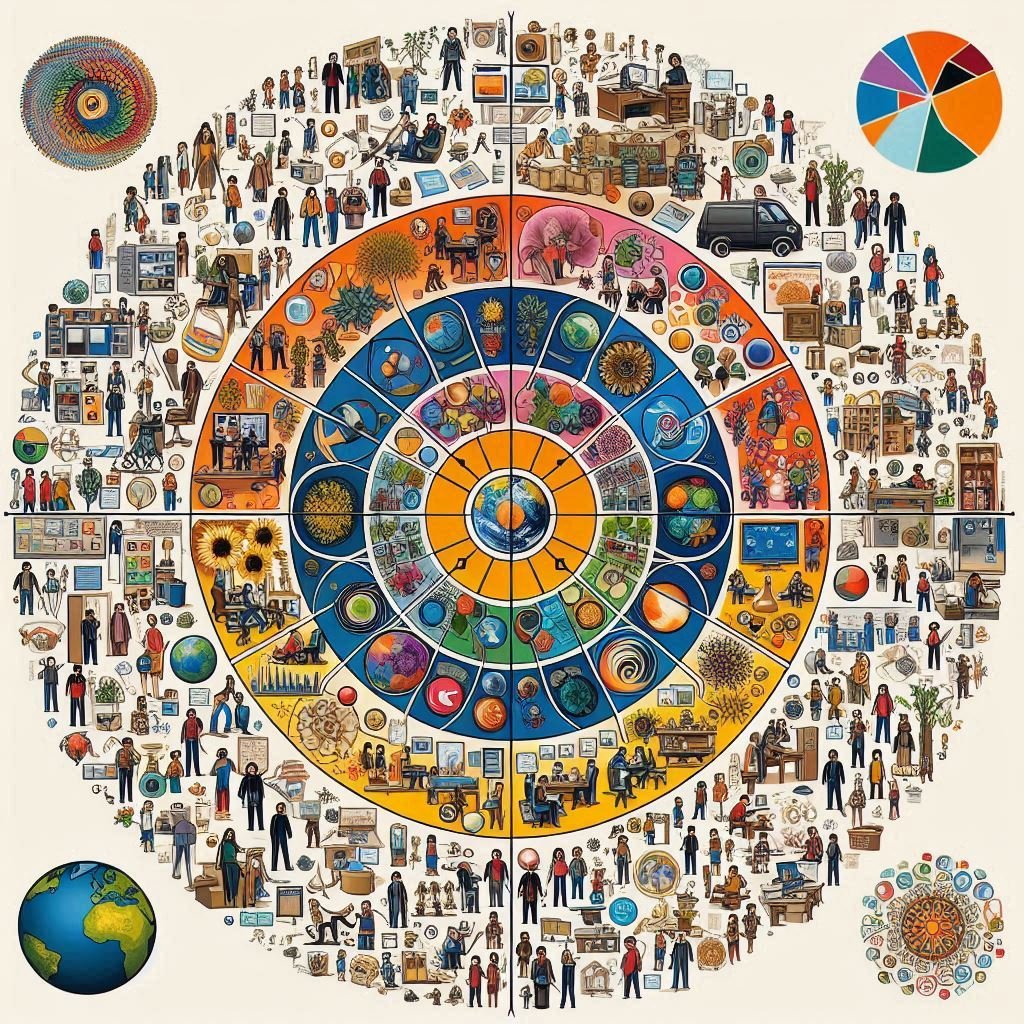
Pathology of the Oppressed
When we look at mental illness through a systems-informed lens, we see that powerful forces well beyond any individual’s sphere of influence are major contributing factors, yet we ignore these factors in treatment. How much better would therapeutic outcomes be if our economy and powerholders did not inflict so much unnecessary suffering on the disadvantaged?

The Importance of Grieving for the World
If we turn towards the suffering of the world, grieve all that has been lost to ignorance and injustice, and allow ourselves to be changed by grief, we may finally wake up to what needs to be done.
The Myth of Politically Neutral Therapy
In this series, we will discuss the myth of politically neutral psychotherapy. In reality, every action has political weight, and therapists need to understand how their practices can reinforce or challenge the systemic injustices that lead to everyday suffering.

Counseling Interns Should Be Paid
There are challenges at many levels that make it difficult to wean off of unpaid labor. But, the future generations of counselors deserve to get through their training with as few burdens as possible. The future of mental health will partly depend on our ability to make the industry fair and accessible to the general population.

Managing Teams Part 3: Understanding Emotions
After years of school and working with clients as a counselor, I’m happy to say that there only a couple of core ideas that you need to know in order to begin effectively navigating interpersonal conflicts. A trauma-informed, attachment-based lens of relationships can help cover the bases. Let’s look at the core ideas of these models.

Managing Teams Part 2: Identifying Emotions
If we consciously notice what we and others are feeling when challenge arises, then we can make conscious choices about how to work with the challenging emotions.

Managing Teams Part 1: Emotional Labor
Managing relational issues in a team is a type of emotional labor, which does not draw upon the same skills or capacities that normal work involves. Instead, it draws on one’s personal and relational development, or one’s ability to see, understand, and work with challenging emotions effectively and skillfully.





The Unique Distress of Ego Dissolution (Part 6)
In entry 6 in our series on ego dissolution (pulled from my graduate research on the phenomenon) we continue exploring why counselors and mental health professionals should care about ego dissolution, focusing on how ego dissolution seems to entail unique forms of distress that aren’t explained by conventional models of mental health.

Inaccurately Pathologizing Ego Dissolution (Part 5)
In entry 5 in our series on ego dissolution (pulled from my graduate research on the phenomenon) we continue exploring why counselors and mental health professionals should care about ego dissolution, focusing on how ego dissolution and spiritual experience are often inaccurately pathologized.

Ego Dissolution and Spiritual Experience (Part 4)
In entry 4 in our series on ego dissolution (pulled from my graduate research on the phenomenon) we explore why counselors and mental health professionals should care about ego dissolution, starting with examining the relationship between ego dissolution and mystical/spiritual experience.

Approaches to Ego Dissolution in Transpersonal Psychology (Part 3)
In entry 3 in our series on ego dissolution (pulled from my graduate research on the phenomenon) we explore how the field of Transpersonal Psychology has attempted to explain and contextualize ego dissolution.

Ego Death and Ego Dissolution: Origins and Usage in Current Research (Part 2)
In entry 2 in our series on ego dissolution (pulled from my graduate research on the phenomenon) we will explore how concepts of ego death and ego dissolution have been used in modern research.

The Concept of Ego: Origins, and Related Constructs (Part 1)
In entry 1 in our series on ego dissolution (pulled from my graduate research on the phenomenon) we explore how the concept of “ego” was used in historic psychology.
